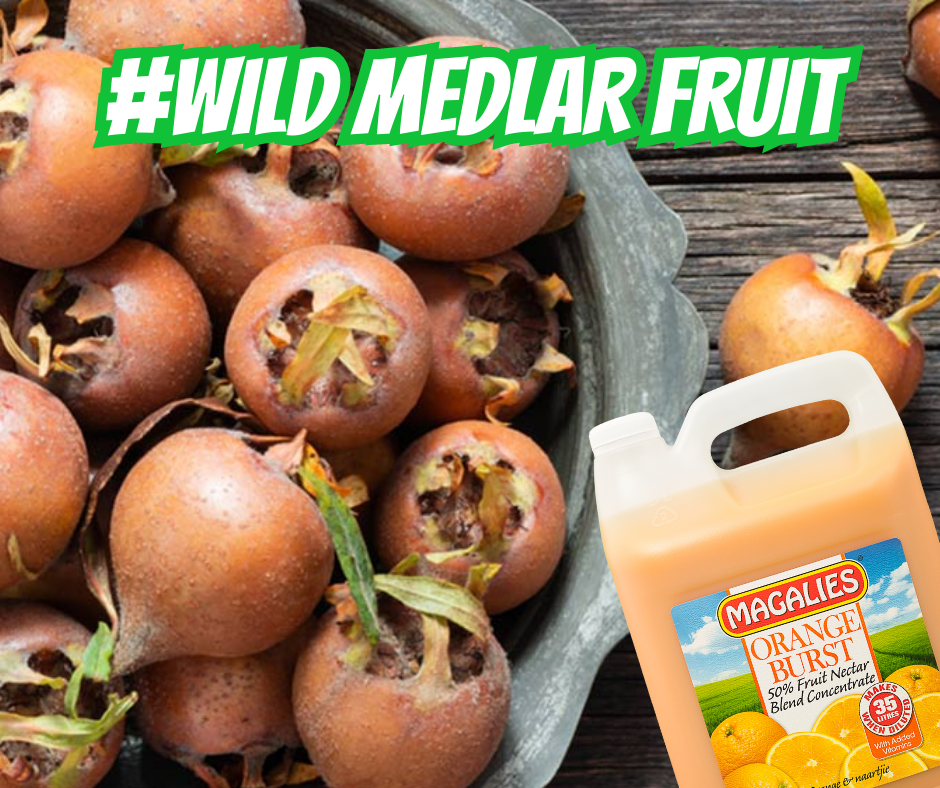by Dr. Marli Botha
Your fingernails can say a lot about your health. Nail beds constantly give rise to nail tissue, and adequate vitamin, mineral and nutrient intakes help support the growth, formation and strength of new nail cells. A change in the appearance, texture or shape of your nails could indicate nutrient deficiencies. Here are the most important vitamins and nutrients to keep your nails healthy.
5 Tips for Nail Health:
- Biotin is a B-complex vitamin, also known as vitamin B7, coenzyme R and vitamin H. It promotes healthy cell growth and aids in the metabolism of protein-building amino acids that are essential for nail growth.
- Likewise, folate, or vitamin B9, is important for nail growth and health by contributing to red blood cell formation and the development of new cells. A deficiency in folate can cause a pigment change in your nails and make them rigid and brittle.
- Iron composes the centre of red blood cells, which carry oxygen to your organs and every cell in your body — including your nails. Without iron, oxygen does not get adequately carried to your cells. As oxygen is needed for healthy nails, an iron deficiency or anaemia can lead to vertical ridges in your nails or your nails may concave or “spoon”.
- Inadequate zinc intake can contribute to a degeneration of your nail plate, causing the appearance of white spots on your nails.
- Nails are primarily made of a fibrous structural protein called keratin. This is what gives nails their strength and resilience. It also protects your nails from damage or stress. Interestingly, the keratin you see is actually dead. Nails are formed by dead cells, which your body sheds as new cells push up from underneath.
It is important to mention that no food is meant to be a cure-all for any condition, though there are certainly health and skin benefits contained within them. The one thing you should always do before using a new skin care product is to do a patch test to look for allergies and sensitivities.





